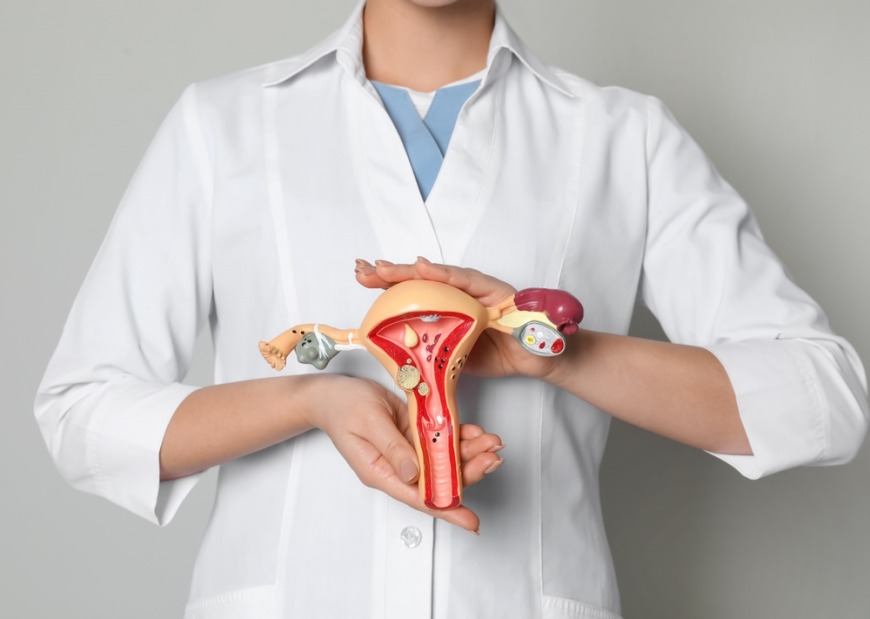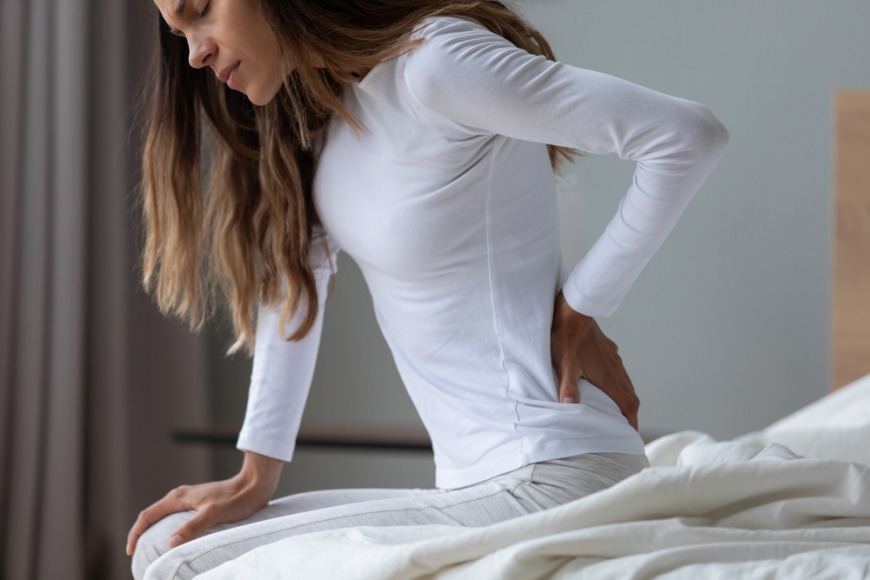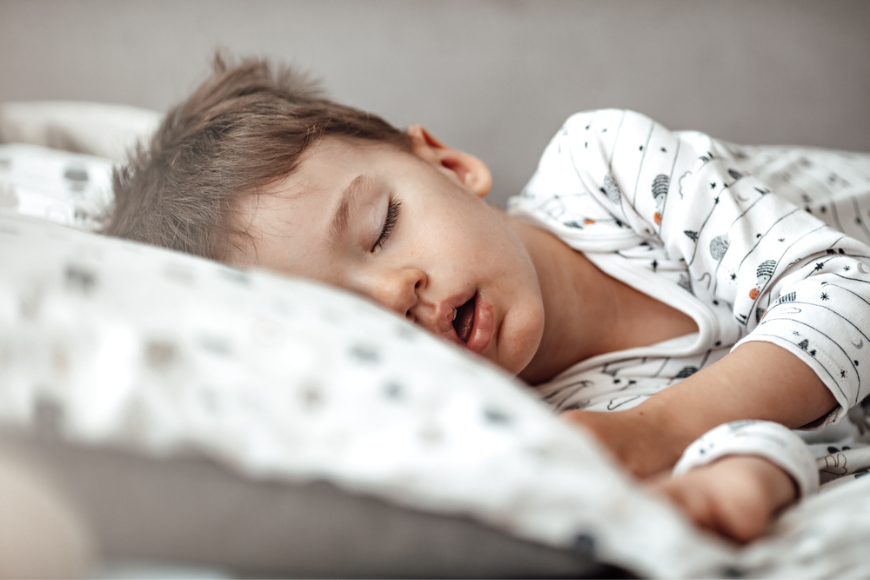Fast facts with a doctor: What you need to know about endometriosis and where to find treatment in Dubai
25 July 2022
| Last updated on 26 July 2022
Early diagnosis is the key to successful treatment for endometriosis and prevention of its long term complication.
Because it can be hard to diagnose, many endometriosis sufferers may have their symptoms dismissed or their condition misdiagnosed, even by medical professionals.
Dr. Sujata Warhekar, Specialist Obstetrician & Gynaecologist at Mediclinic Dubai Mall, shared with ExpatWoman her expertise on endometriosis, to help guide you on what to expect, how to get it diagnosed, and what types of treatment are available in Dubai.
What is Endometriosis?
Endometriosis is the most common cause of period pain, chronic pelvic pain, infertility, and adhesions.
It is a condition in which the endometrium tissue (tissue lining the inside of the uterus) grows outside the uterus instead. This is called "Endometriotic Implants".
What happens in Endometrium?
Implantation, adhesion, cysts and scar tissue damage or destroy the affected organ on or in which endometriosis occur.
The most common side effects are:
- Lining in the pelvis.
- The ligaments supporting the uterus.
- The ovaries.
- Top of the vagina.
- Fallopian tubes.
- It can also occur on the walls of the bladder, bowel, and ureters.

What causes Endometriosis?
It is not certain what exactly causes endometriosis, but here are some common theories:
- Retrograde menstruation
- Genetics
- Environmental factors
- Immunological factors
What happens if Endometriosis is not treated?
If the disease not treated, endometriosis tends to cause progressive damage to the tissues or organs on or into it occurs, with possible consequences of chronic pain, infertility, and adhesions.
What are the symptoms of Endometriosis?
The symptoms of endometriosis are quite variable and may fluctuate in severity from time to time in the same person. However, if you experience many of symptoms listed, you may have endometriosis and should seek advice from your doctor.
Pain:
- With period.
- During ovulation.
- During or after intercourse.
- Low back pain.
- When passing urine.
Abnormal bleeding:
- Heavy.
- Irregular bleeding.
- Premenstrual spotting.
Bowel symptoms:
- Pain bowel movements during menstruation.
- Diarrhea or constipation.
- Abdominal bloating.
- Symptoms suggestive of irritable bowel syndrome.
Infertility:
- Found in 30% of women.
- Endometriosis may also be an important reason for unsuccessful IVF treatment.
Other symptoms:
- Chronic fatigue.
- Premenstrual tension.

Pictured: Lower back pain.
How is Endometriosis diagnosed?
At Mediclinic, endometriosis is diagnosed through:
- A pelvic examination.
- Ultrasound.
- Laparoscopy.
How can Endometriosis be treated?
To help you choose the most suitable treatment, your doctor will consider such factors as your age, the severity of your symptoms, when and if you plan to have children, the extent and location of endometriosis found at laparoscopy.
Take time to discuss with your doctors the benefits and outcome of the available treatment options and to choose one that is suitable for your situation.
Wait and see.
Medications – non steroidal anti-inflammatory drugs.
Hormones like oral contraceptive, progesterone, danazol and gestrinones.
All should be given under the supervision of your doctor.
Can Endometriosis be cured?
Endometriosis can be treated effectively and successfully in the majority of cases. This means a high chance of significant pain relief, and a good chance of pregnancy for those who wish to try.
However, it is estimated that between 10-20% of women may develop recurrence of symptoms within 12 months to 5 years of treatment. The use of contraceptive pill, pregnancy and breast feeding may help reduce the likelihood of reoccurrence.
Endometriosis may affect women at any time during the menstruating years (from puberty to menopause). It is estimated that 10-15% of women may have the condition. Early diagnosis helps the women to improve the quality of life.
Authored by Dr. Sujata Warhekar, Specialist Obstetrician & Gynaecologist at Mediclinic Dubai Mall































































































![We Tried [u]bk's Lively Garden Brunch at Mövenpick JLT Dubai We Tried [u]bk's Lively Garden Brunch at Mövenpick JLT Dubai](https://cdnexpatwomanfood.expatwoman.com/s3fs-public/urban%20bar%20and%20kitchen%20brunch%20main.png)









































